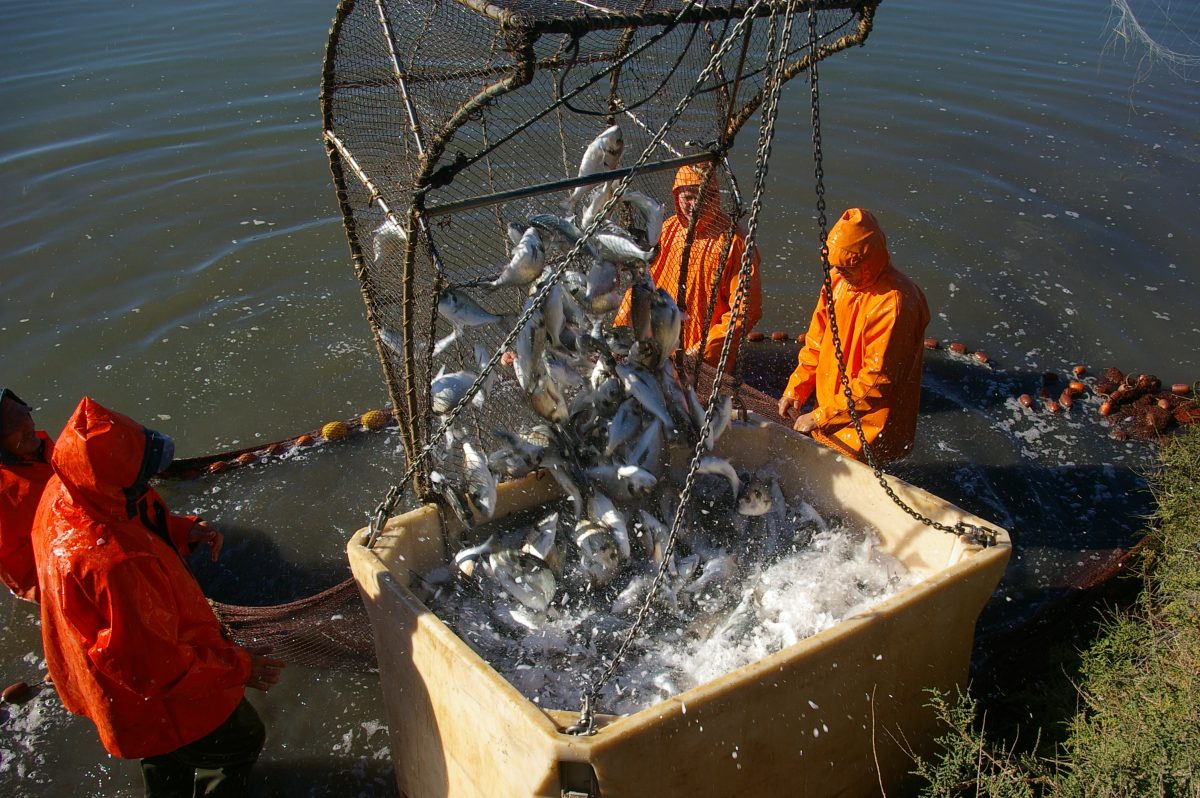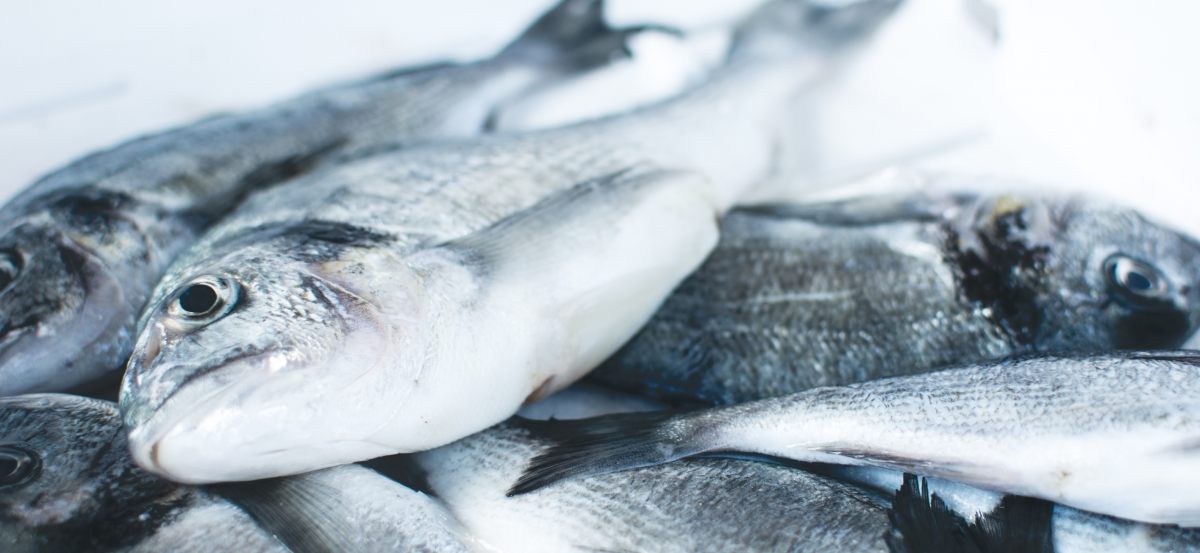Seafood is one of the food groups whose consumption is most encouraged by current nutritionists, as a result of its recognized benefits to human health. As a food of the future, in addition to sustainability, it is important to improve the methods for evaluating its quality and food safety.
The ongoing research at the Laboratory of Fish Technology of the Department of Aquatic Production of ICBAS focuses mainly on the development of new sensory, chemical and microbiological methods to assess the freshness of fish and identify its origin and authenticity. Measures to assess and improve animal welfare in aquaculture and the management and use of waste from their production are also research areas.
In sensory analysis, new tables under the 'Quality Index Method' have been created, for several aquatic species with relevance in Portugal.
In the area of chemistry, work was carried out for the nutritional and toxicological characterization (16 different elements) of species at the top of the food chain, presumably more problematic.
In microbiology, studies have been made to characterize the fish microflora, as well as the development of new microbiological techniques for characterization and identification of the origin of aquaculture species.
Waste management studies have been focused on the identification of sources, characterization of waste and its use as ingredient in feeds for animals, especially from aquaculture.
The work has also included the characterization of animal welfare in aquaculture fish, especially slaughter methods and improvement of their efficiency.
In the area of certification, a list of international systems for the certification of aquatic products and the main products was made, and technical support has been given to seafood companies in the creation of this type of systems for Portuguese products.
A balanced and healthy environment will support the growth of healthy aquatic beings, which will be adequate food items, providing health to animals and humans, confirming the modern vision of One Health we all want for our future world.
To know more:
– Quality Index Method for fish quality control: understanding the applications, the appointed limits and the upcoming trends
– Multi-elemental composition of white and dark muscles in swordfish
Contact: Professor Paulo Vaz-Pires (vazpires@icbas.up.pt)




